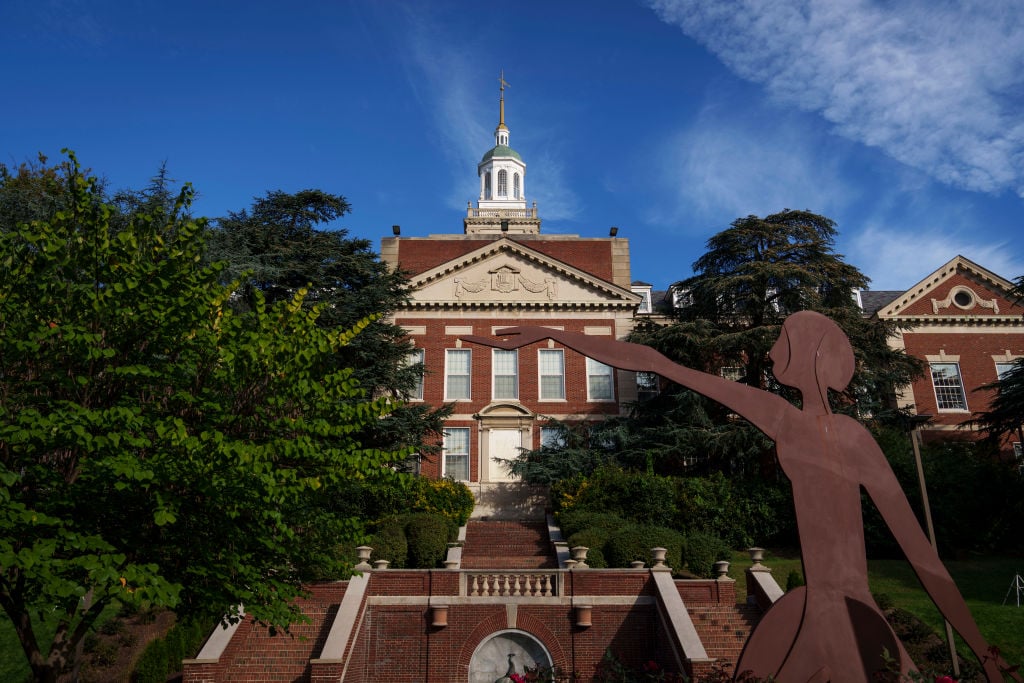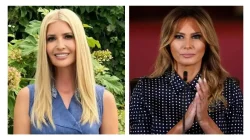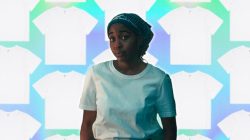Overcoming Adversity: Tamia Akers’ Journey and the New Challenges in Education
Tamia Akers has always had to fight for her place in the world. From a young age, she faced obstacles that most children never imagine. Growing up in the foster care system, she spent years navigating a complex and often isolating environment. At 13, she was finally adopted, but the challenges didn’t end there. As the only Black student at her middle and high school, she constantly felt like an outsider.
“I felt like I was never heard or seen, or I wasn’t as smart as the other kids or I always had to prove myself in some different type of way,” Akers recalled. Her experiences shaped her determination to find a community where she could thrive. That desire led her to apply to Howard University, a historically Black institution known for its strong academic programs and supportive environment.
When Akers received an acceptance letter along with a $20,000 scholarship, it felt like a dream come true. She was so excited that she couldn’t sleep, eagerly anticipating the start of her college journey. “I’m up all night, and I cannot sleep because I’m like waiting. I’m like I promise that if I get in, I’m going. If you give me a chance, I’m going,” she said.
However, the future of her education is now uncertain due to recent changes in federal policy. President Donald Trump’s One Big Beautiful Bill, signed into law earlier this year, has introduced sweeping reforms that affect the American social safety net, including significant changes to federal education aid. While the administration claims the bill is a cost-saving measure, many critics argue that it undermines essential financial support for students from low-income and historically marginalized communities.
The legislation has sparked concern among students like Akers, who rely on financial assistance to afford college. The new policies may limit access to grants, scholarships, and other forms of aid that have traditionally helped students from underprivileged backgrounds. For someone like Akers, who has already overcome so much, these changes could create additional barriers to achieving her educational goals.
The Impact of Policy Changes on Students
The One Big Beautiful Bill is not just a legislative change—it represents a shift in how the country supports its students. Many experts warn that the bill could disproportionately affect students from minority and low-income backgrounds, who often depend on federal aid to cover tuition, books, and living expenses.
Some key concerns include:
- Reduction in Pell Grants: These grants are a critical source of funding for millions of students. The bill may reduce the amount of aid available, making it harder for students to afford college.
- Changes to Work-Study Programs: These programs provide part-time jobs for students, helping them gain experience while earning money for their education. Cuts to these programs could leave students without essential income.
- Limits on Student Loans: While loans can be a necessary tool for many, the bill may impose stricter rules on borrowing, potentially limiting access for those who need it most.
For students like Akers, who have already faced significant challenges, these changes could feel like another hurdle in an already difficult path. She is not alone in her concerns. Across the country, students and educators are watching closely to see how these policies will shape the future of higher education.
A Call for Support and Advocacy
Despite the uncertainty, Akers remains determined. Her story is a testament to resilience and the power of education to transform lives. However, she also knows that her success depends on more than just her own efforts. It requires a system that supports students from all backgrounds.
Advocates are urging policymakers to reconsider the impact of the new legislation and to ensure that financial aid remains accessible to those who need it most. They argue that education should be a right, not a privilege, and that policies should work to level the playing field rather than widen the gap.
As Akers prepares to start her journey at Howard University, she carries with her the hope that she can make a difference—not just for herself, but for others who face similar struggles. Her story reminds us that while the road may be challenging, with the right support, it’s possible to overcome even the toughest obstacles.







